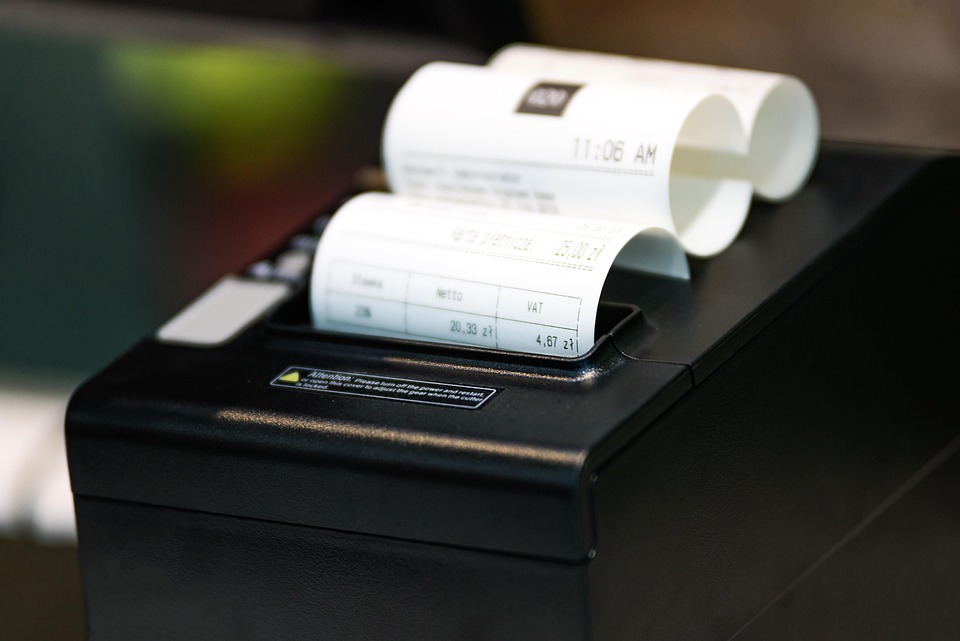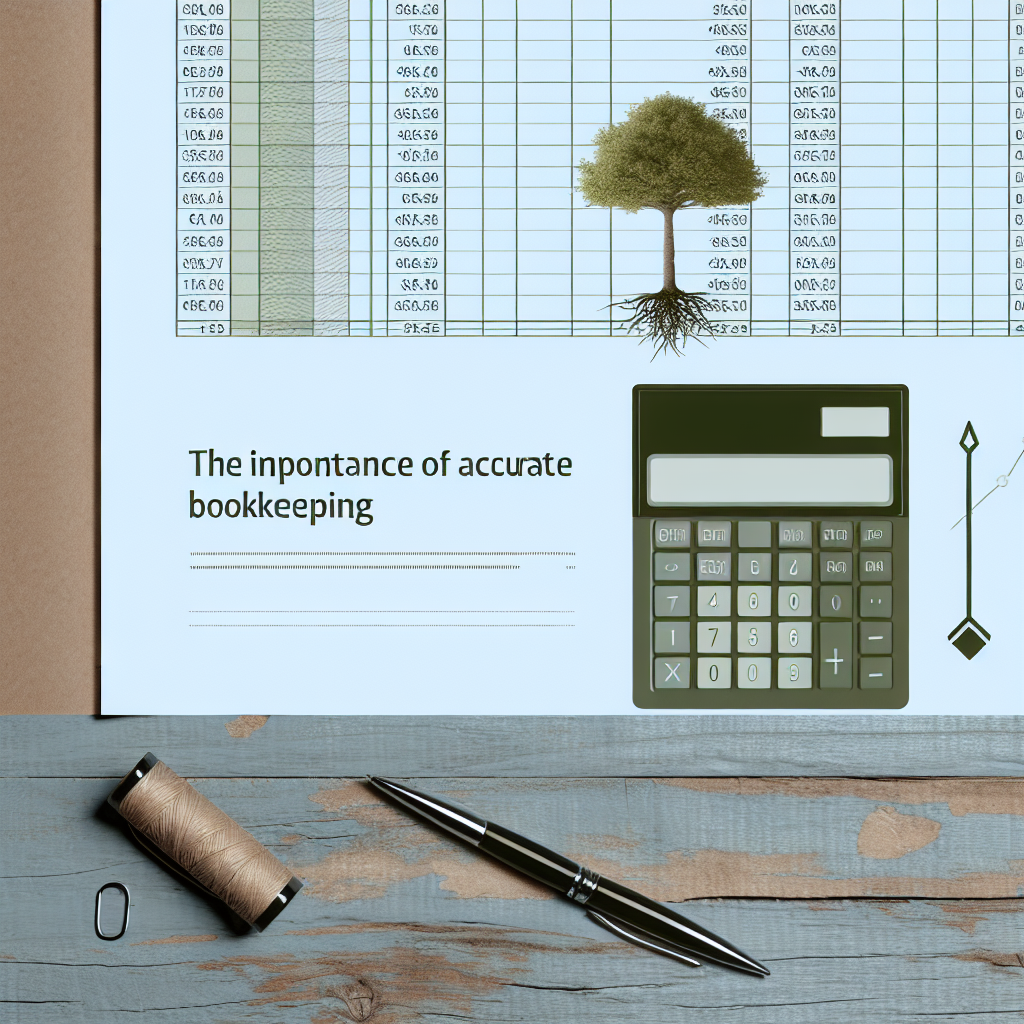Understanding Bookkeeping
Bookkeeping serves as the backbone of accounting and is essential for maintaining accurate financial records. If you’re considering taking a bookkeeping course, you may wonder what you can expect. Here’s a breakdown of the essential components of a typical introductory bookkeeping course.
Course Objectives
The primary objectives of a Bookkeeping 101 course usually include:
- Understanding essential bookkeeping principles.
- Learning how to record financial transactions.
- Gaining competency in using bookkeeping software.
- Understanding different types of financial statements.
Key Concepts Covered
In your first bookkeeping course, you will likely cover the following key concepts:
1. Introduction to Financial Statements
You will learn about various financial statements such as the balance sheet, income statement, and cash flow statement. Understanding these documents is crucial for interpreting a business’s financial health.
2. Double-Entry Accounting
One of the fundamental principles of bookkeeping is the double-entry accounting system, where every transaction is recorded in at least two accounts. This ensures that the accounting equation remains balanced.
3. Journal Entries
You’ll learn how to record journal entries, which are the first step in the accounting cycle. Understanding how to categorize and record transactions ensures accurate financial reporting.
4. Using Accounting Software
Many courses will introduce you to popular accounting software such as QuickBooks or Xero. Familiarity with these tools can streamline the bookkeeping process and make tracking finances more efficient.
Assessments and Practical Work
Expect a mix of theoretical knowledge and practical assessments. You might work through real-world scenarios to apply what you’ve learned, such as:
- Creating journal entries based on provided transactions.
- Generating financial statements from given data.
Getting Started
Before enrolling, ensure you have a basic understanding of mathematics and a keen interest in learning about finance and business. Brush up on basic concepts such as percentages and basic operations, as these will be commonly used in bookkeeping calculations.
Conclusion
A comprehensive grasp of bookkeeping can open many doors, whether for personal finance management or a career in accounting. Embrace the journey, and you will build a solid foundation that will benefit you in various aspects of finance.






Leave a Reply
You must be logged in to post a comment.